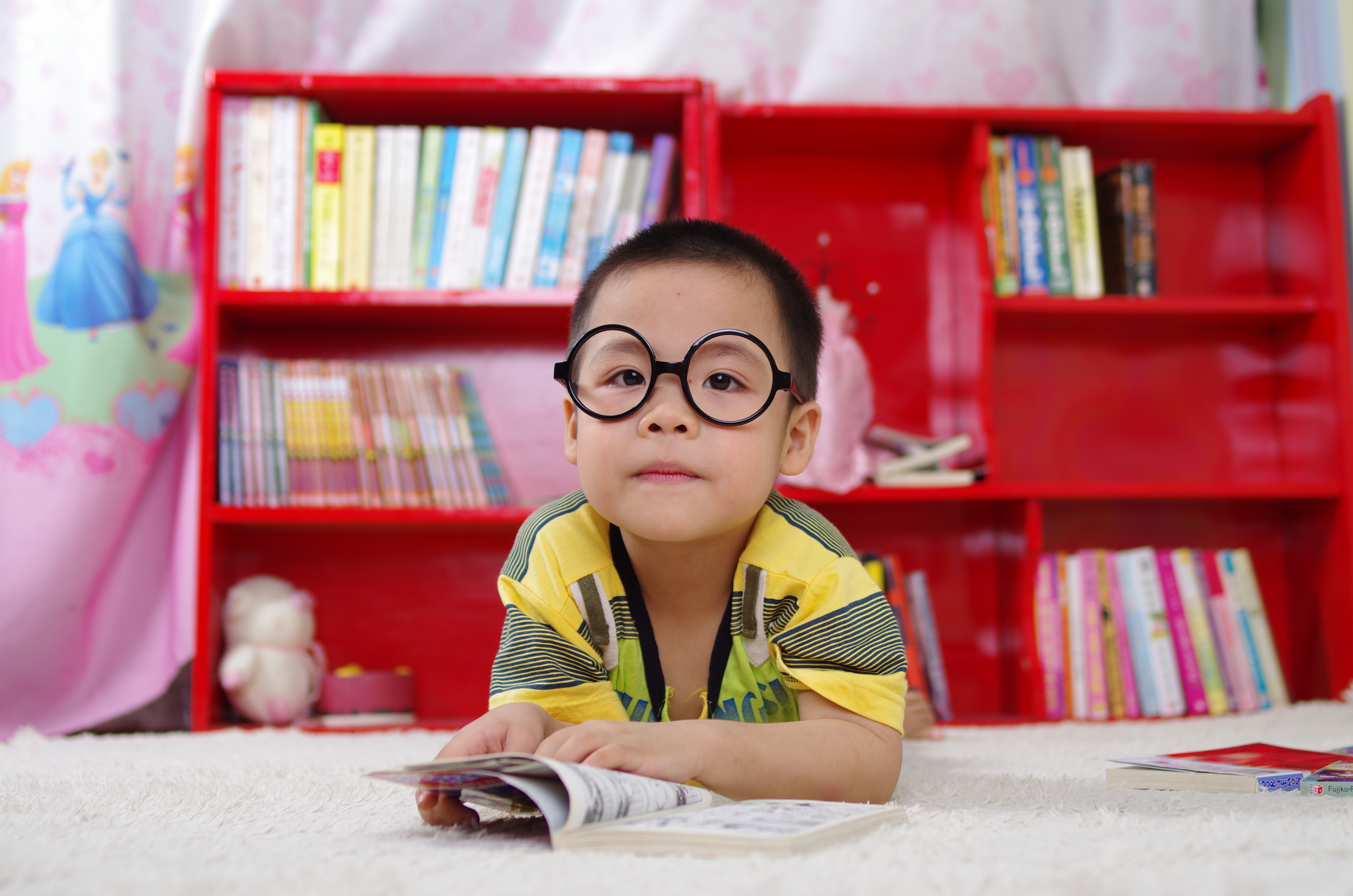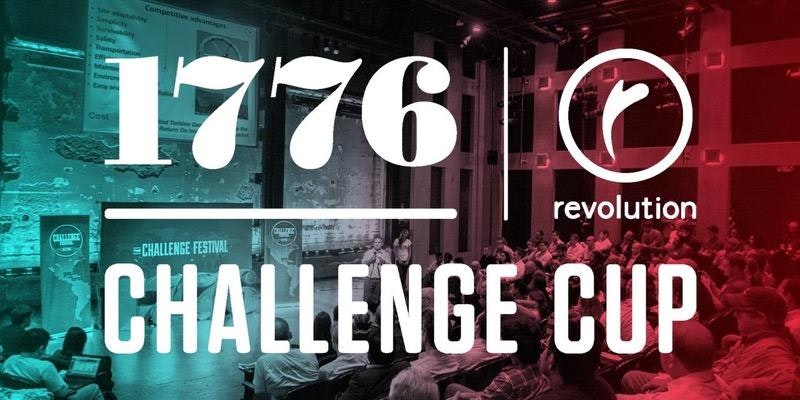Extra-curricular education has always been a priority for parents. They want to make sure their children get the extra support they need in the subjects they find difficult, enhance their natural abilities, and give them the opportunity to explore new interests. Smart phones and tablets have made this easier than ever, and parents can often be heard remarking at how quickly their kids learn to manipulate technologies that they themselves at times struggle with.
Education apps have managed to take advantage of evolutionarily evolved patterns of learning. The apps utilize game-like environments so the process of learning becomes genuinely enjoyable and kids seek it out. They also have an incredible ability to train children’s cognitive control and focus, critical thinking, and creativity. The simple functionality of these devices means they can create immersive experiences through engaging sounds and visuals whilst also allowing children control and ownership over their experiences.
Using these principles, Argentina-based Papumba has released their new app Animal World (available on iOS and Google Play) which teaches preschool kids animal names, sounds, and habitats. The app draws on the typical learning methods educational apps have always been good at but goes further again.

Andrés Ballone Chief Product Officer en Papumba
The app developers have also tackled the proverbial elephant in the room– the concern many parents have that apps might be good for education, but distract children from learning about human interaction. To combat this, Papumba designed the app to put the interaction between parent and child at the front of the educational experience and views the app or phone as the background or mere facilitator. They used experience and insight from a global team of education professionals to create the offline experience Family Moments, which are engaging experience that can be anything from guided make believe play, acting out stories filled with sounds and experiences, or crawling on hands and knees living out the experience of a bear in its cave or flying with birds.
“We center our efforts on providing a robust educational experience that is validated by experts in early childhood education and technology,” explains CPO Andrés Ballone. “Other companies are focused on providing products whose core is to entertain, but do not necessarily contribute to empowering cognitive skills in children. That’s what makes our work so important.”
And Papumba’s vision goes beyond learning methods and parental involvement, they also care about what the children are learning and the values instilled, such as a connection with nature and an open mind towards environmental issues. Most children grow up in urban settings which can make a connection with the natural world more difficult since it isn’t regularly experienced. Environmental education encourages children to become good stewards of the planet’s resources and to think globally even if – for now – they are limited to acting locally. This also helps to change children’s perspectives, and take their learning beyond the app and beyond the constraints of their physical realities. It is an invaluable tool for teaching critical thinking skills and applying these skills to the students’ everyday world.
As likely as you are to hear parents talking about an educational app their child uses, you are equally likely to hear scientists, writers, engineers, conservationists, astronomers and others talk about a childhood moment of active, stimulating learning, that sparked their interest in the subject which went on to be their career. Though the previous generation of thought leaders may have fallen in love with their subjects of choice in many different ways, in the future it’s entirely likely these sparks of inspiration will come from apps.








